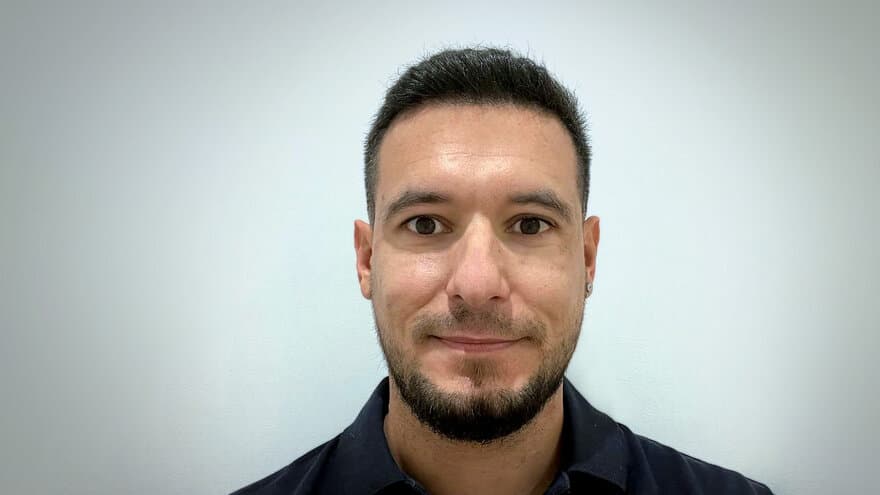Juan came to Norway to become a “green” architect but is now on the path to a career in research. He also let us in on a secret: it’s all about the economy!
- Name: Juan Diego Ayala
- Age: 35
- Study programme: International Environment Studies
- Completed studies: September 2021
What are your current plans?
I’m about to start my PhD in the University of Bergen, Department of Geography (April 2023). My case study will focus on the Gran Chaco Forest. It is a huge dry forest located partly in Argentina, now dwindling in size from deforestation. My research will revolve around rewilding, forest conservation, conditions for indigenous people and landscape changes.
For my PhD, I was also inspired by courses from my master’s, on political ecology and resilience. I’ll attempt to combine two theories that I learned from these courses.
Why did you chose to study at NMBU in Norway?
I have worked as an architect for ten years in Argentina, my home country. In architecture, as well as in other professions, sustainability has been a buzzword. It was inspiring when everybody started talking about sustainable construction. However, not that much changed, and probably there was a lot of “greenwashing”. It requires dedication to build sustainably.
I felt I should take matters in my own hands. I wanted to expand my knowledge and study what sustainability really is, and how can I help make a better future. At some point I moved to Norway for personal reasons, which provided an opportunity to go study.
The International Environment Studies “spoke” to me, it covered all the subjects I was interested in. It combines knowledge from many areas to provide a holistic understanding of environmental challenges: ecology, social science, natural science, politics, economics and so on.
How did you experience being a student at NMBU?
Well, there are some differences between being a student in Argentina and in Norway, the systems for education are very different. Coming to NMBU, it was like heaven! Everything is supertidy and clean, and the classrooms aren’t overcrowded, like they tend to be in Argentina.
The teachers at NMBU are very accessible, there is a lot of dialogue between students and teachers. Your professor will call you by your first name. I felt being taken care of, and the staff is super helpful and supportive. It was awesome being a student! I never felt that I didn’t fit in, and I met many friends that I still stay in touch with.
What is the most important thing you learned from being a student?
Critical thinking. An maybe more importantly, to learn how to execute an academic work, from start to finish: learning the research methods, to recognize a good source, processing and reading academic journals and so on. The study programme is interdisciplinary, and this is really at the core of the research you conduct. You must learn how to “put everything in the mix”. You will learn the tools for doing research on themes that you at first barely grasp. It is interdisciplinarity as a skill. This is also very relevant for your work life, where you need to interact with people from other fields of expertise.
One final thing that I’d like to add: When starting environmental studies, you might become surprised that you must learn economics. I know I was. But then I figured it out: Because economics runs the world and determines what happens to the climate system. Learning and mastering economics let you understand why we are where we are, and why it is a great starting point for making changes.
